Dozen killed as armed groups violently clash in Libyan killed
Clashes between armed groups in Tripoli have left 13 people dead and 30 others injured in the latest violence to hit the Libyan capital amid rising political tensions.
They exchanged fire in a central district where several government and international agencies, along with diplomatic missions, are based, and clashes spread to the areas of Ain Zara and Asbaa.
The fighting "killed 13 people, among them three civilians including a child aged 11, and wounded 30," the ambulance service told news channel Libya al-Ahrar.
The United Nations Libya mission UNSMIL said it had received reports of civilian casualties and demanded an investigation.
"Any action that endangers the lives of civilians is unacceptable," it said in a tweet, calling on "all Libyans to do everything possible to preserve the country's fragile stability at this sensitive time".
The clashes occurred between two armed groups with major clout in the west of the war-torn country: the Al-Radaa force and the Tripoli Revolutionaries Brigade.
Another brigade called "444" intervened to mediate a truce, deploying its armed vehicles in a buffer zone east of Tripoli, noted an AFP photographer.
According to Osama Ali, a spokesman for Libya’s Ambulance and Emergency Services, around 60 students who were stranded in the dormitories of the University of Tripoli due to the conflict were transported by ambulances.
Flights of Libyan Airlines from Cairo and Al Alamiya (Global Air) from Benghazi, which were supposed to land at Mitiga Airport, were diverted to Misrata, 200 kilometers east of Tripoli.
Meanwhile, the management of Mitiga Airport, the only airport that serves the Libyan capital, also suspended air traffic until further notice.
Last month, Tripoli also witnessed clashes between the al-Nawasi brigade affiliated with the Libyan National Unity Government and the Stability Support Service affiliated with the Presidential Council.
The Libyan presidential election was supposed to be held on December 24, 2021, but it was postponed due to a disagreement between the representatives of the Tobruk Parliament and the Supreme Council of the Libyan Government regarding the election law.
Following the postponement of the elections, the members of the House of Representatives in Tobruk, located in eastern Libya, elected Fathi Bashagha, the former interior minister of Libya, as the prime minister during a meeting chaired by Aqila Saleh.
Then, the prime minister of the National Unity Government of Libya Abdul Hamid Dbeibah accused the House of Representatives of leaving the roadmap set in the Geneva Agreement and announced that he would remain in his responsibility and hand it over only to an elected government.
For about four months, there have been two separate governments led by Dbeibah and Bashagha in Libya. This situation has increased the concerns of the escalation of violence in the country.
Libya has been beset by violence and chaos since the overthrow and killing of its long-serving ruler Muammar Gaddafi following a bombing campaign by the US-led NATO military alliance in 2011. The resulting chaos and factional divisions then escalated into a regional proxy war fueled by foreign powers, who poured weapons and mercenaries into the country.
Since 2015, Libya has been divided between the internationally recognized Government of National Accord (GNA) in Tripoli and lawmakers in Tobruk, allied to renegade military commander Khalifa Haftar.
The Government of National Unity of Libya was supported by countries such as Qatar, Turkey, some European countries and the United Nations, and countries such as Egypt, Russia, Saudi Arabia and the UAE also supported the army of Khalifa Haftar, a retired general based in Benghazi and Tobruk.
The two rivals fought for power in the country for several years, and after a year of intense conflict that led to the advances of the government of unity to the capital city of Tripoli, they announced a ceasefire in last August.
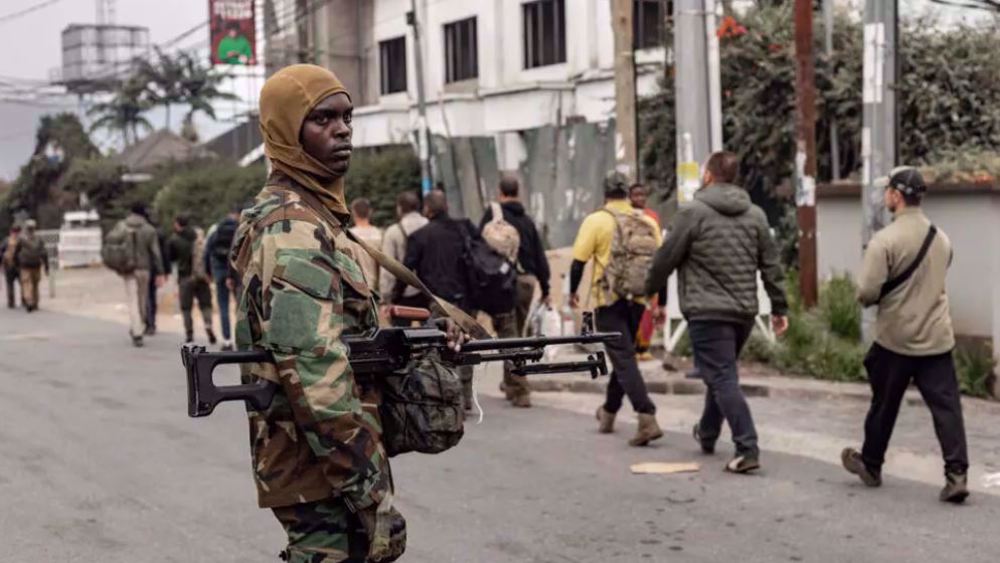
7,000+ killed in eastern DR Congo since January: PM
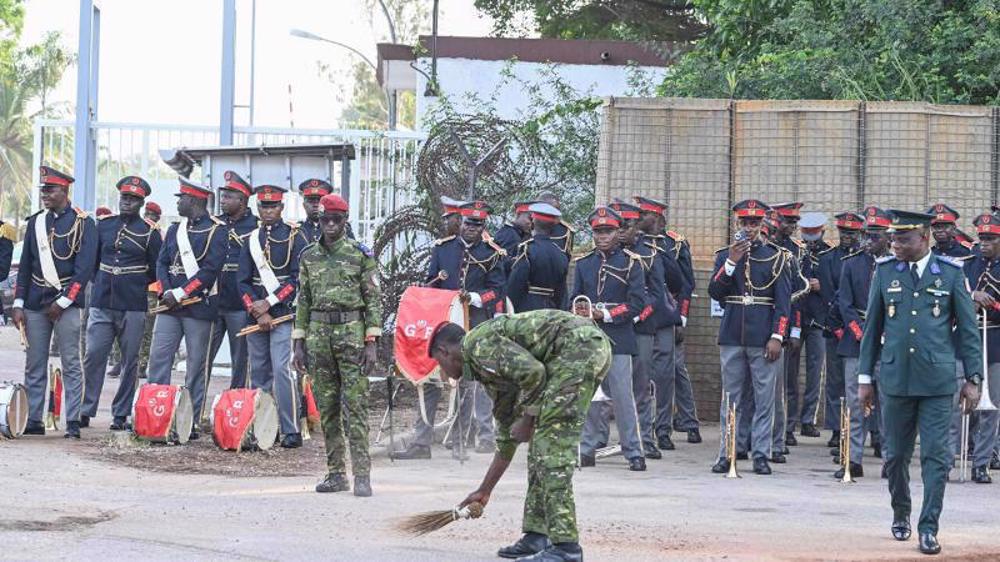
France hands back sole military base in Ivory Coast
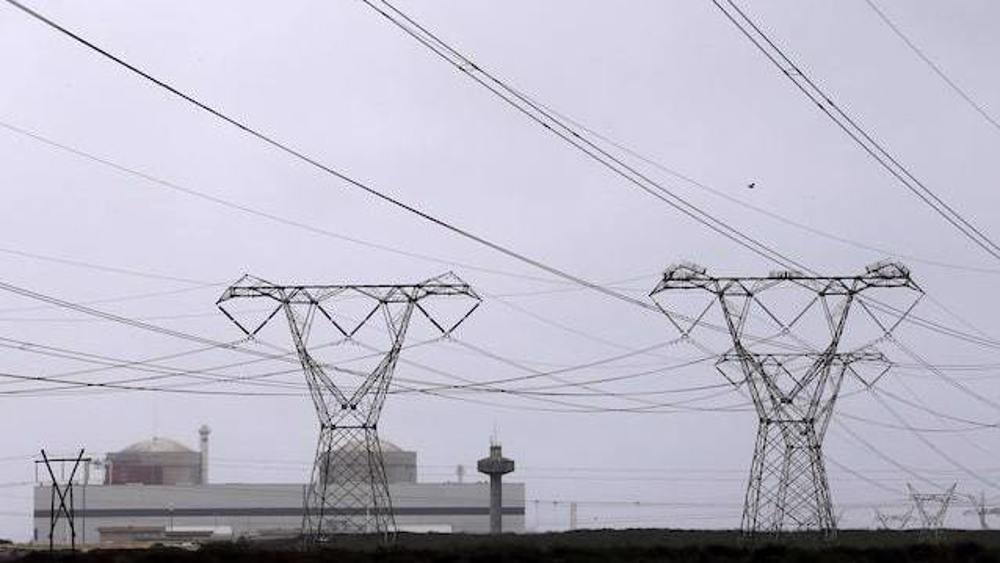
South Africa open to nuclear cooperation with Iran and Russia, despite US threats
Israel’s massacres won’t grant it ‘legitimacy’: Hamas on 31st anniversary of Ibrahimi Mosque tragedy
French leader decries ‘unprecedented diplomatic scandal’ after Israel bars European MPs
VIDEO | Washington’s failed projects
VIDEO | Islamabad exhibition exposes Israeli atrocities in Gaza
Trump rescinds arms sales regulation in favor of Israel, sources say
Iran’s president vows to accelerate cooperation with Russia
Palestinian says Israeli jailers poured acid on him during interrogation
Iran, Turkmenistan seek increased cargo transit via railways


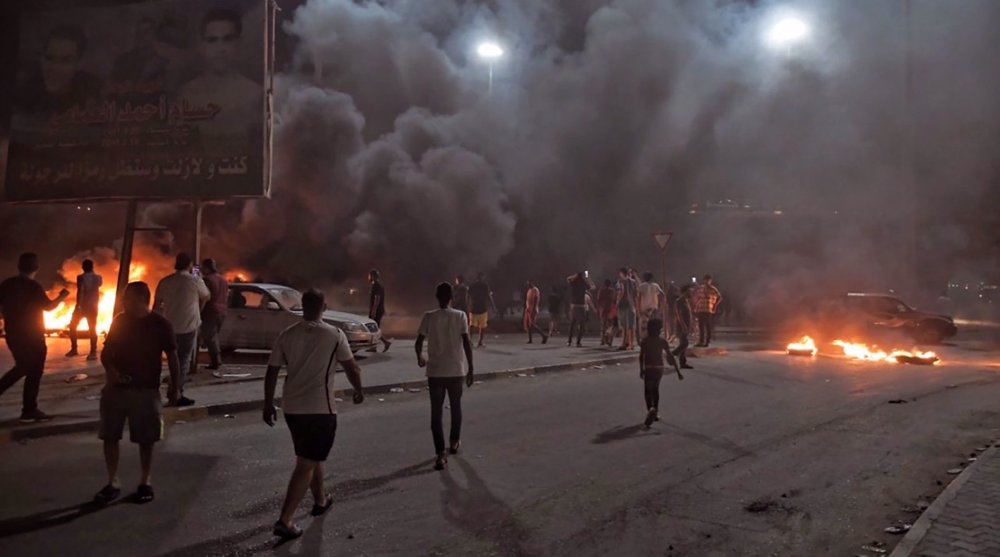



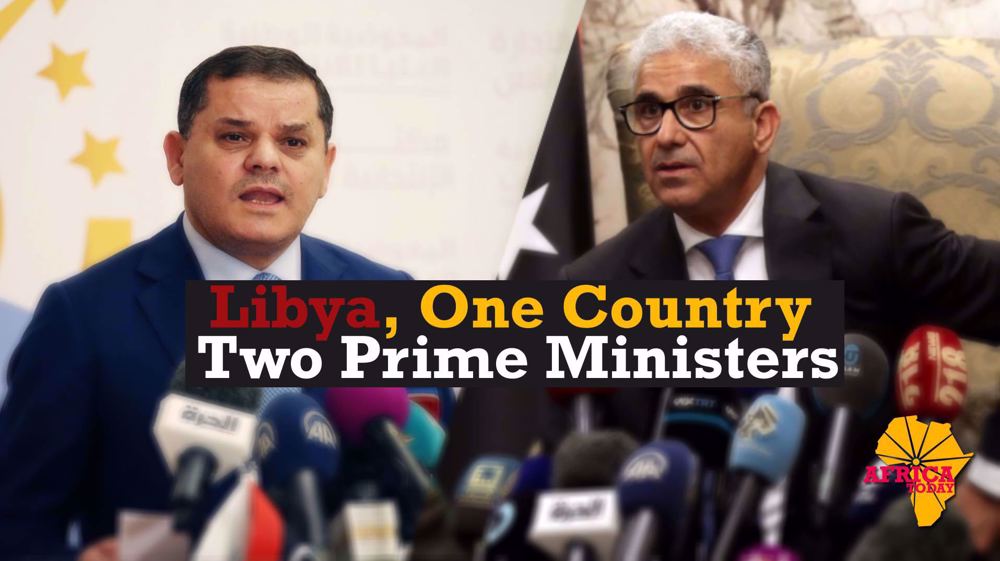
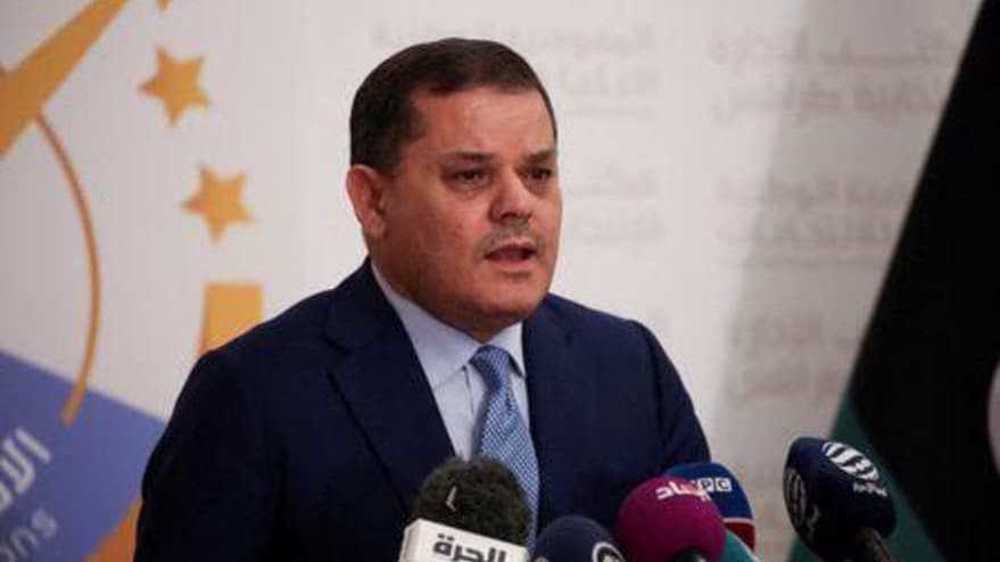
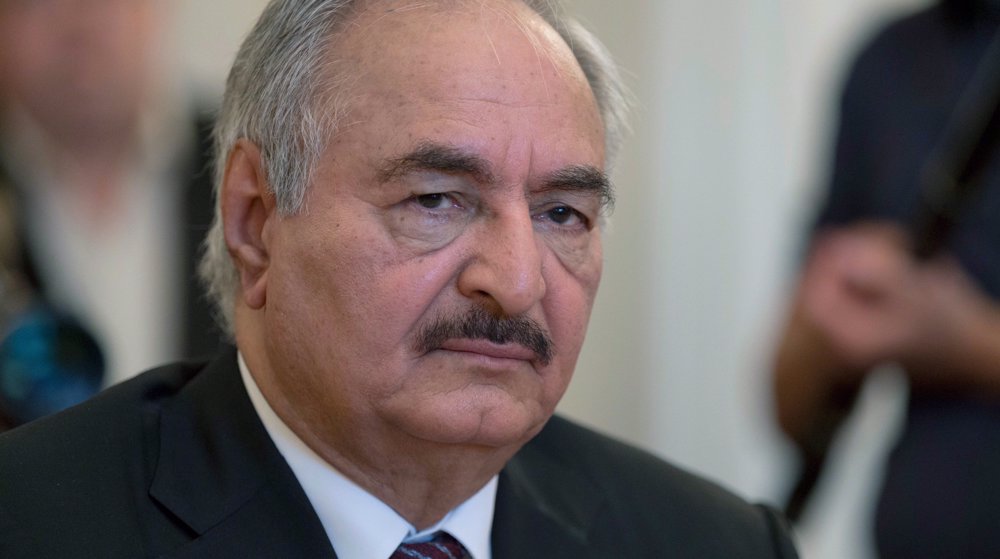
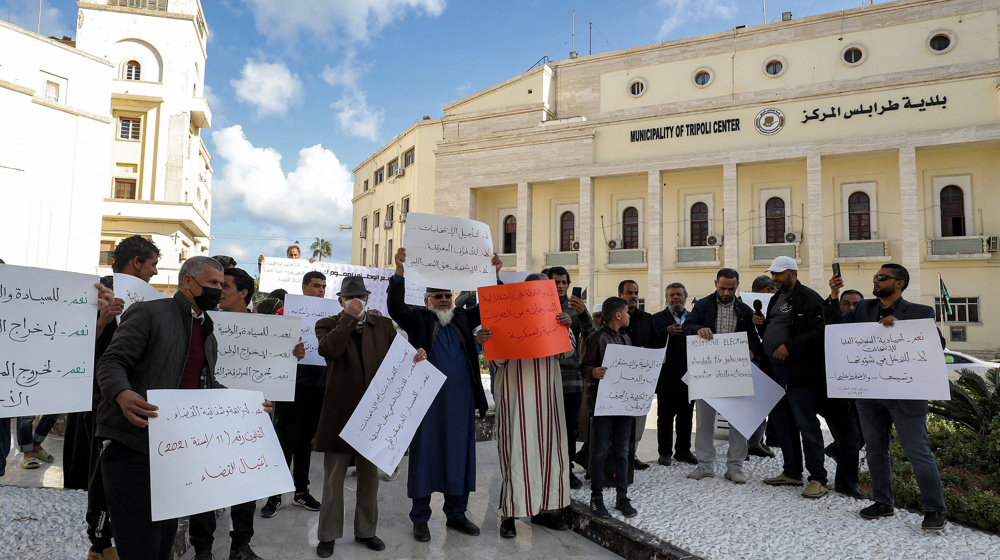

 This makes it easy to access the Press TV website
This makes it easy to access the Press TV website